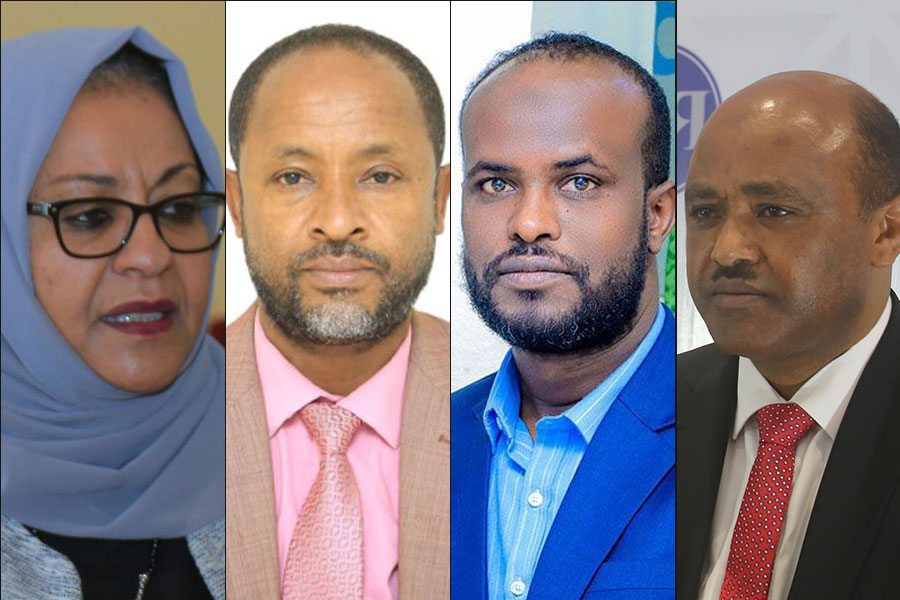
Fortune News | Mar 30,2024
Jun 26 , 2021.
Empty streets could characterise polling day on June 21, where apprehension to what the day might have brought was feared. Where there were polling stations, long lines of people waiting to cast their ballots, in some cases up to five hours, were observed. Such electoral enthusiasm was not seen since the 2005 elections, the most contested in the country's political history.
Last week was a calm day, with high voters` turnout. The end of the day was greeted with relief as there were no major security issues, probably because the most volatile places and areas such as the Tigray Regional State, which is under a state of war, did not get to vote.
The sharp contrast in Tigray and much of the country shows Ethiopia has become a battleground where forces wage their fights both in ballots and bullets.
Close to 40 million voters were registered and voted in droves. Poll monitors from the African Union (AU), under the stewardship of Olusegun Obasanjo, former president of Nigeria, described the process as "orderly and peaceful." Yet, the war in Tigray resurged, with mounting civilian casualties reported, recently an airstrike befallen on a rural market, according to several accounts of the international media. Civilians were the victims.
On polling date, three people - including a police officer and a militiaman - were killed near Ambo town of the Oromia Regional State. Fighting among individuals in relations to the election was also reported in the Amhara Regional State, marking that the day was not, after all, an uneventful day. Election observers and opposition parties have reported irregularities, including not having their representatives allowed to enter certain polling stations, especially in the Amhara and Southern regions. Electoral officials have condemned this promptly.
It was also evident from the day the importance of institutional capacity and experience in carrying out massive national enterprise such as elections. For all of the funding and the resources of which the Election Board boasted - 2.5 billion Br already disbursed and nearly a quarter of a million poll workers - some of the logistical and technical hiccups were embarrassing. A major cause of foundering was the muddle up in the Sidama Regional State, which the Board could not rectify that very day. As a result, 19 constituencies were made to vote the following day instead.
The Electoral Board was still counting and aggregating votes late last week. How many of the registered voters have turned out to cast their ballots is yet to be disclosed. But electoral authorities, parties` leaders and observers were impressed by the turnout, where lines had formed in many places hours before voting began. Slow management of the voting process by poll workers may have exasperated this, but it should be acknowledged that many voters braved the rain and the chill through to midnight and voted. They believed their votes would certainly count.
The results are yet to be made public by electoral officials. Nonetheless, several contesting parties have already made public statements conceding defeat to the incumbent, the Prosperity Party (PP).
Most voters interviewed had security in their mind when they voted. Many of them said they want to see their country peaceful; they seem to prioritise the need for autonomous peace.
This is hardly surprising considering the militarized conflict in Tigray and the growing insurgency in western Oromia, where security concerns made electoral officials postpone polls in many of the 102 constituencies where elections did not occur last week. Indeed, it would have taken a cynic of a special breed to have foreseen Ethiopia in the months after the coming into office of Prime Minister Abiy Ahmed (PhD) and predicted nearly every section of society would be affected by displacement, carnage, or war within a few years.
Popular anxiety and the longing for security factored in many voters' decisions on which party to vote for.
It could be the same fear that turned the days leading up to the elections, and those after it, to be anticipated with trepidation. Fear, either perceived or justified - and very much justified in Ethiopia's case - is a powerful political motivator. It could have been fear that has elicited voters to go out in large numbers and voted for a political force they put their faith in to end the nightmares. They seem to have voted with the hope to avoid violence and disenchantment of a broken country.
In that, voters have demonstrated how they are not, after all, as polarised as the elites could imagine. For all the polarisation of the elite, it is a collective cry for peace and enhanced welfare that emerged as an important message from the elections last week. It is a call for the government to be formed come October to realise that voters want a life of hope and dignity. Against all the odds, these can be delivered if there is political will and courage.
The outcome of this election can be read (or misread) as a popular endorsement of the current unfolding. Considering electoral officials will come out to affirm what the contesting parties have already conceded, the incumbent may continue onto holding the legislative houses in the federal parliament and regional states where elections were held. It will be a historical mistake to take voters` desperation for peace and security as a ticket for doubling down in the militarisation path.
An American historian, Charles Tilly, has coined the popular adage, "war made the state and the state made war." It will be regrettable if those holding state power believe the state secures its existence by only making wars. A nation where a part of it continues to bleed in violent conflicts can never find peace with itself. Failure to realise this is vanity, and as the Dutch would say, "it is a vanity that blinds us to our blindness."
Voters` enthusiasm can also be read (correctly) as a trust put on the leaders to ensure peace and stability by having the courage to travel the road never taken before. The popular mandate given last week can be seen as a latitude voters gave to change the cycle that the victors take all, and the vanquished lose everything. An electoral race should not be seen as an endorsement to take the country into whatever direction the victors see it fit but an opportunity to use the trust placed on them by the public to secure political compromises and settlement.
There is the long-neglected need for all-inclusive negotiations to reach political settlements with and between social and political forces. Inclusive should be all as long as they are committed not to violence to advance political agendas and accept the existing constitutional order as a starting point.
The observers from the AU called the elections "credible". Ethiopia`s development partners - the EU, the UK and Canada - chose to have a nuanced approach. In a statement they issued late last week, they praise progress made in reforming the electoral laws and the autonomy granted to the board. They complemented the broadened space for political parties, civil societies and the media. But they have also acknowledged the difficult context in which the elections were held: boycott by opposition parties whose leaders are under arrest and their members jailed, violent conflicts in many places causing the displacement of millions, and fewer women run as candidates than in previous elections.
They have also called for "honest reflections," emphasising that "elections alone cannot bring democratic transition or resolve the political problems." They have urged for a "meaningful, broad-based national dialogue process takes place and to commit to peaceful solutions."
It would be helpful for Ethiopia to listen to its partners who have been there during its trying times. The call for peace, dialogue and peaceful resolution of conflicts should not be ignored.
PUBLISHED ON
Jun 26,2021 [ VOL
22 , NO
1104]

Fortune News | Mar 30,2024
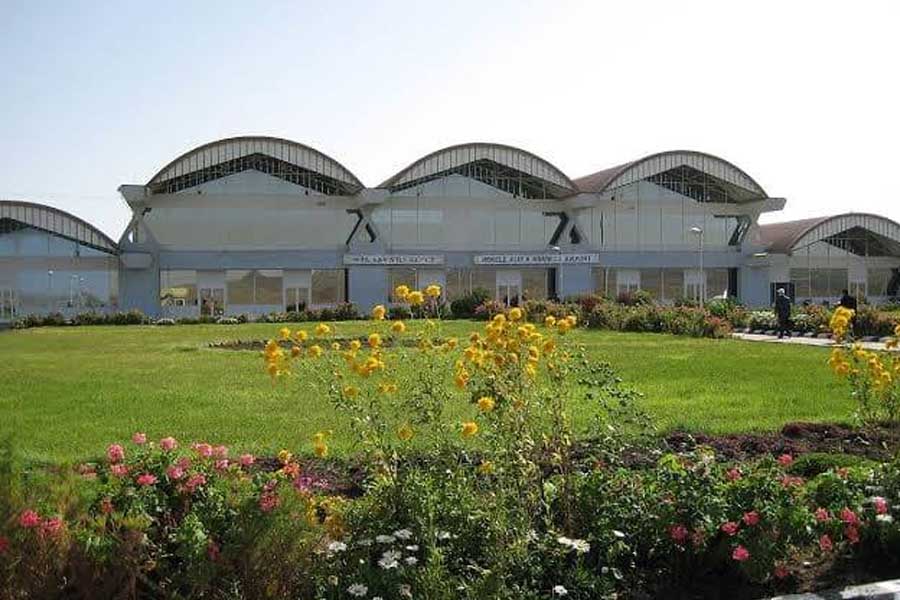
Featured | Sep 06,2020
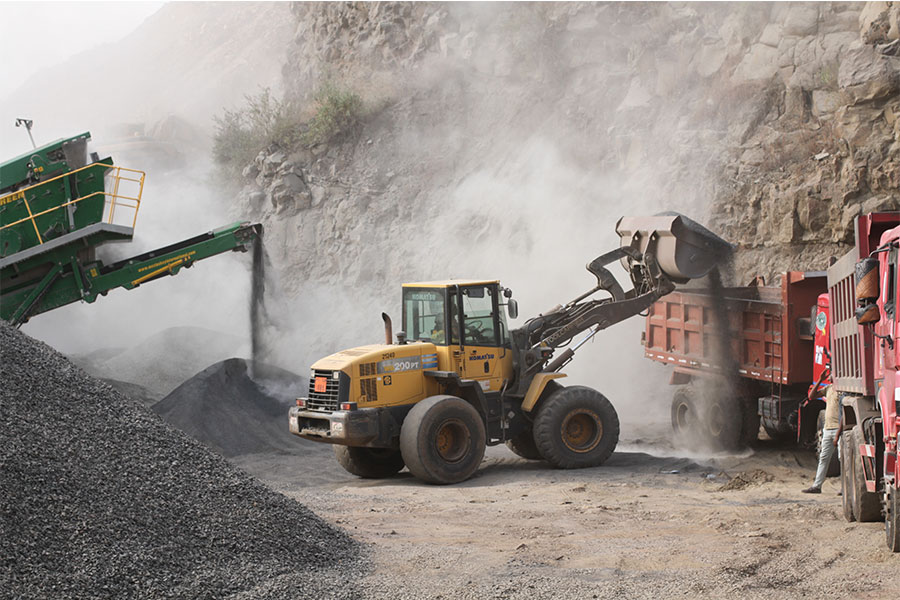
View From Arada | Mar 02,2019

Editorial | Jul 18,2021

Editorial | Jun 17,2020

Editorial | Aug 14,2022
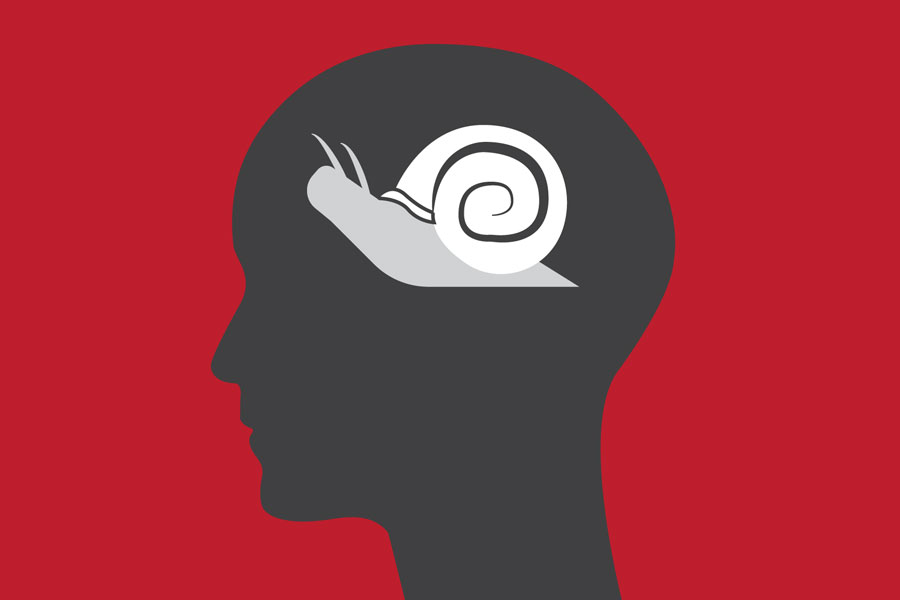
View From Arada | May 21,2022

Fineline | Oct 03,2020
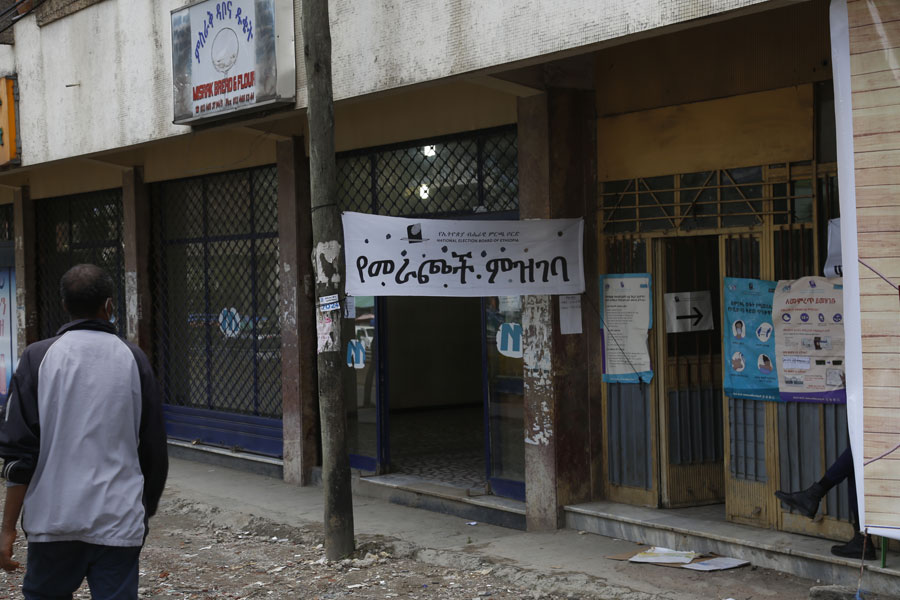
Agenda | May 08,2021
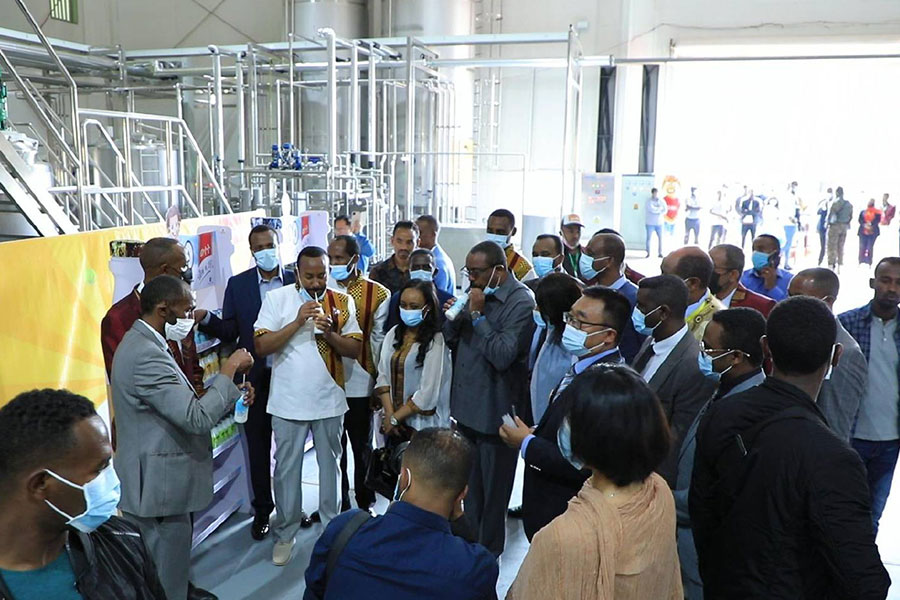
Featured | Sep 04,2021

Photo Gallery | 175273 Views | May 06,2019

Photo Gallery | 165498 Views | Apr 26,2019

Photo Gallery | 155809 Views | Oct 06,2021

My Opinion | 136794 Views | Aug 14,2021

Dec 22 , 2024 . By TIZITA SHEWAFERAW
Charged with transforming colossal state-owned enterprises into modern and competitiv...

Aug 18 , 2024 . By AKSAH ITALO
Although predictable Yonas Zerihun's job in the ride-hailing service is not immune to...

Jul 28 , 2024 . By TIZITA SHEWAFERAW
Unhabitual, perhaps too many, Samuel Gebreyohannes, 38, used to occasionally enjoy a couple of beers at breakfast. However, he recently swit...

Jul 13 , 2024 . By AKSAH ITALO
Investors who rely on tractors, trucks, and field vehicles for commuting, transporting commodities, and f...

Oct 18 , 2025 . By NAHOM AYELE
In a sweeping reform that upends nearly a decade of uniform health insurance contribu...

Oct 18 , 2025 . By BEZAWIT HULUAGER
A bill that could transform the nutritional state sits in a limbo, even as the countr...

Oct 18 , 2025 . By SURAFEL MULUGETA
A long-planned directive to curb carbon emissions from fossil-fuel-powered vehicles h...

Oct 18 , 2025 . By BEZAWIT HULUAGER
Transaction advisors working with companies that hold over a quarter of a billion Bir...